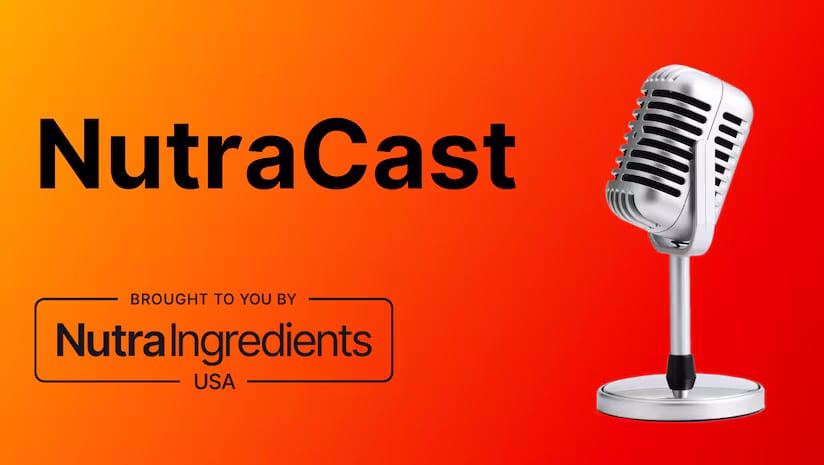Studies show medical students and residents often feel unprepared to counsel patients on nutrition, citing inadequate, outdated or impractical training. But all that might all change. The U.S. Department of Health and Human Services and Department of Education recently called for medical schools to implement comprehensive nutrition education for physicians. This initiative, part of the Make America Healthy Again (MAHA) agenda, aims to address the high rates of diet-related chronic diseases by equipping future doctors with essential nutrition counseling skills.
Getting more nutrition education to doctors is something the American Society for Nutrition (ASN) has been working towards since its inception.
“ASN has advocated for the establishment of a coordinating center to align stakeholders, centralize resources and strengthen training opportunities,” said John E. Courtney, PhD, CEO of ASN. “Our organization is well positioned to provide the nutrition expertise and tools that medical schools and residency programs need to integrate meaningful nutrition education into their curricula.”
ASN’s director at large, Carine Lenders, PhD, said the gaps in medical nutrition education are leaving physicians unprepared to address the nation’s health crisis. With only eight medical schools nationwide offering comprehensive nutrition training, she explained that nutrition has been pushed to the “back burner” because it doesn’t generate profitable procedures and rarely appears on licensing exams.
Dr. Lenders compared nutrition to mental health, noting that both fail to receive the attention they deserve.
“But the students are very interested, and to give you an example, in the medical school at Boston University,[…]we started by developing groups of interest in nutrition and that really pushed the interest," she said. “And then we were able, with the help of the American Society of Nutrition through grants, to try to integrate nutrition in the medical school…So the voice of the student is very, very important.”
Looking ahead, Dr. Lenders said she is optimistic about the future of nutrition education, with ASN committed to working with educators, health systems, policymakers and health care professionals to ensure that it is incorporated and sustained throughout medical training.
“I believe that ASN is in a great position to be able to coordinate different research, education and practice efforts, so I’m very excited about that,” she added.
To hear more on ASN’s efforts to get more nutrition education in medical schools and the role that MAHA plays in that, listen to the NutraCast above or on your preferred podcast platform.
If you enjoy listening to the NutraCast, feel free to leave a review. You can subscribe on Apple, iHeart, Spotify or wherever you get your podcasts.



